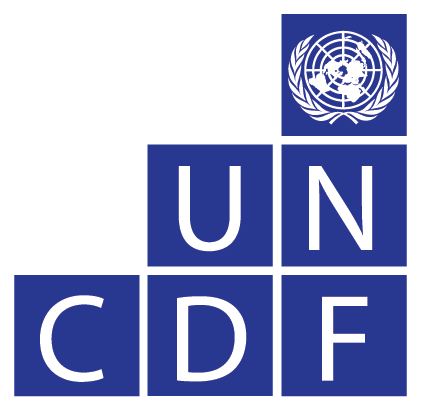
Support MTN Benin to develop a payment ecosystem around moto-taxis drivers (Zemidjans)
MTN wants to set up a payment ecosystem around the Zemidjans (moto-taxi drivers in Benin), using mobile money as a solution to the challenges they face: Phase 1: Addressing security and liquidity issues with the implementation of merchant payment. Phase 2: Addressing a lack of means to meet their ambitions with a digital group savings product (“tontine”).
Context:
MTN wants to set up a payment ecosystem around the Zemidjans (moto-taxi drivers in Benin), using mobile money as a solution to the challenges they face:
Phase 1: Addressing security and liquidity issues with the implementation of merchant payment.
Phase 2: Addressing a lack of means to meet their ambitions with a digital group savings product (“tontine”).
Objectives: The general objective of this project is to increase the adoption of digital financial services by the Zemidjans. The rationale is to make Zemidjans brand ambassadors promote the benefits of mobile money to the rest of the population. To this end, the project aims to develop merchant payment, testing different tools (NFC, QR code, Mobile App and USSD) and different value propositions for both merchants (Zems and Zems’ providers – i.e. gas stations) and end-clients.
Deliverables:
- Conduct research to identify factors for adoption: Stakeholder interviews, HCD research with Zemidjans, merchants (gas station, food providers, mechanics, etc.) and Zems clients
- Identify value propositions for all players within the ecosystem (Zems, merchants, clients)
- Build a business case for each of the payment solutions (NFC, QR code, Mobile App and USSD)
- Define a communication /education strategy to train Zems, clients and merchants on how the payment works
- Train and support the Zemidjans to use the different solutions (NFC, QR code, USSD)
- Test the solutions during a 6-months pilot
- Share knowledge on learnings and findings through blogs and other materials (video, pictures).
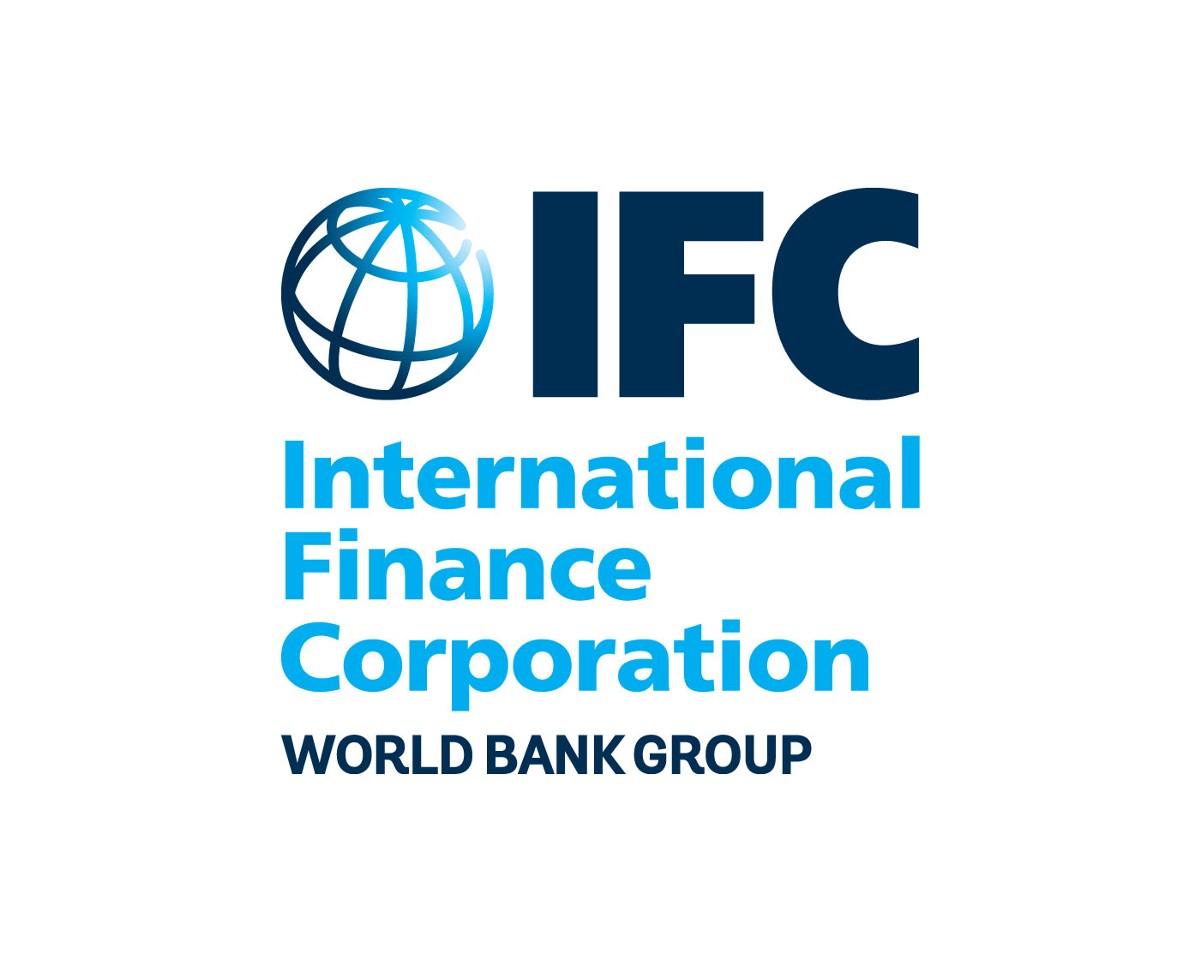
Mobile Money Market Scoping in two Middle East & North Africa countries: Egypt & Tunisia
IFC needed a macroeconomic overview of Egypt and Tunisia including; financial and telecom sectors; regulatory environment and distribution network for mobile money service providers.
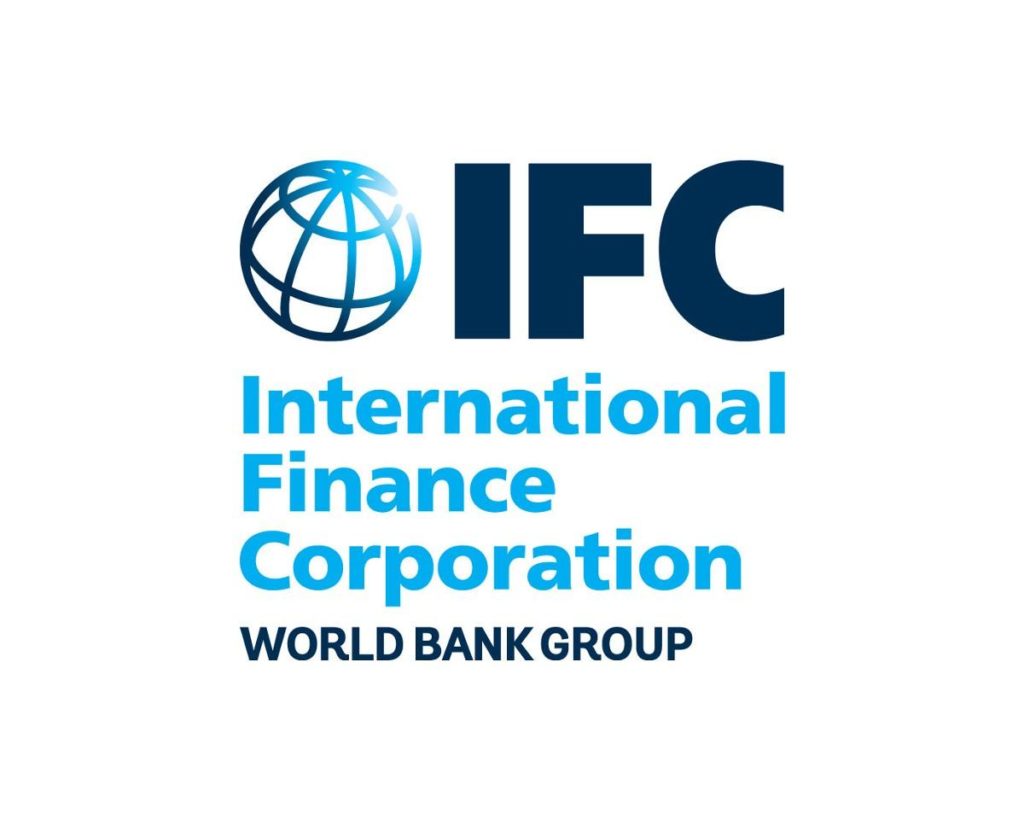
Context: IFC needed a macroeconomic overview of Egypt and Tunisia including; financial and telecom sectors; regulatory environment and distribution network for mobile money service providers.
Objective: Evaluate opportunities to offer transformational mobile financial services initiatives and assess what role IFC could play to support development in the industry.
Deliverables: Diagnosis of the competitive landscape; defined strategy to enter the marketplace and provided recommendations on investors’ objectives.
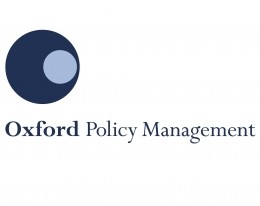
Future of Financial Inclusion through Electronic Banking Channels Palestine
Oxford Policy Management, ShoreBank International and the Palestinian Authority wanted to investigate how to reach and enhance the cost-effectiveness of delivery channels for banking and payments in Palestine.

Context: Oxford Policy Management, ShoreBank International and the Palestinian Authority wanted to investigate how to reach and enhance the cost-effectiveness of delivery channels for banking and payments in Palestine.
Objective: Conduct a study on expanding available services at the point of sale; create a national payment switch and an interoperable ATM and POS network; develop the legal framework for electronic transactions, which support mobile financial services.
Deliverables: Assessment of market, technical and financial considerations for establishing a national switch company to connect all banks; deployment and management of POS to offer merchant acquiring services; recommendation on two scenarios to set up the company, and carried out project plans to execute both scenarios.

Positioning Strategy for Mobile Financial Services (MFS) in Bangladesh
Axiata, an MNO active in several Asian countries wanted an evaluation of its current business to see how it could position itself in the marketplace to offer mobile financial services.

Context: Axiata, an MNO active in several Asian countries wanted an evaluation of its current business to see how it could position itself in the marketplace to offer mobile financial services. Axiata with GIZ also wanted to establish a baseline for a public-private partnership to fund the cost and early phase implementations.
Objective: Accessing the competitive landscape, regulatory environment and the company’s own capacity to offer mobile financial services.
Deliverables: Market study; internal assessment; strategic and operational plan.
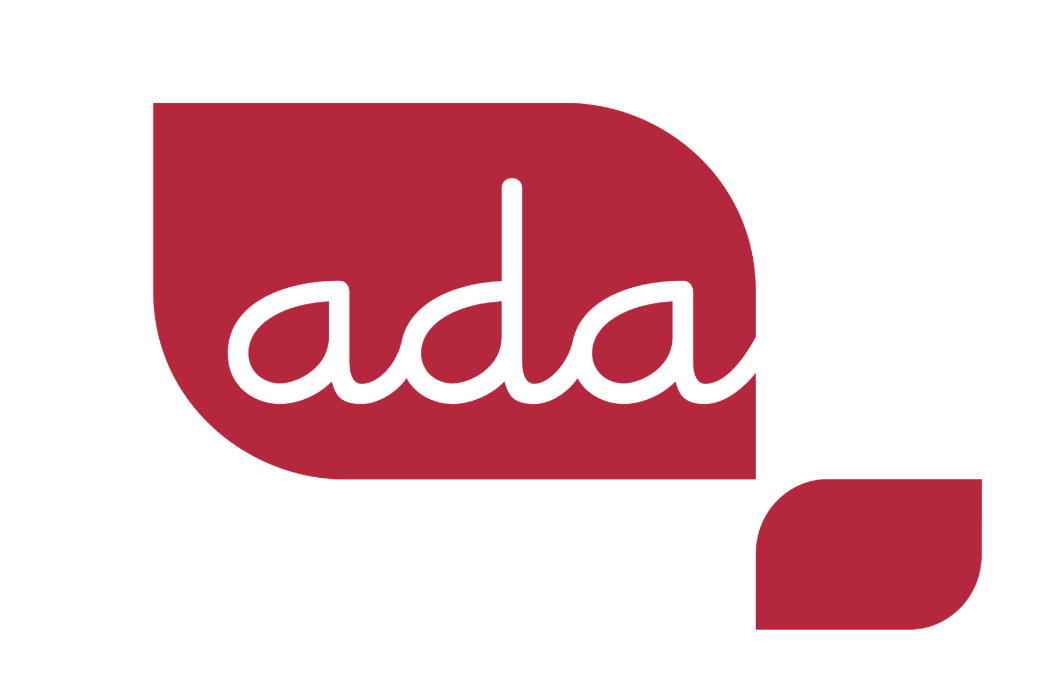
Remittance corridor and Developing a Solidarity Savings product
PADFI, a project funded by the Luxembourg government and managed by ADA to support the development of MFIs in Cap Verde, includes a migrant component.
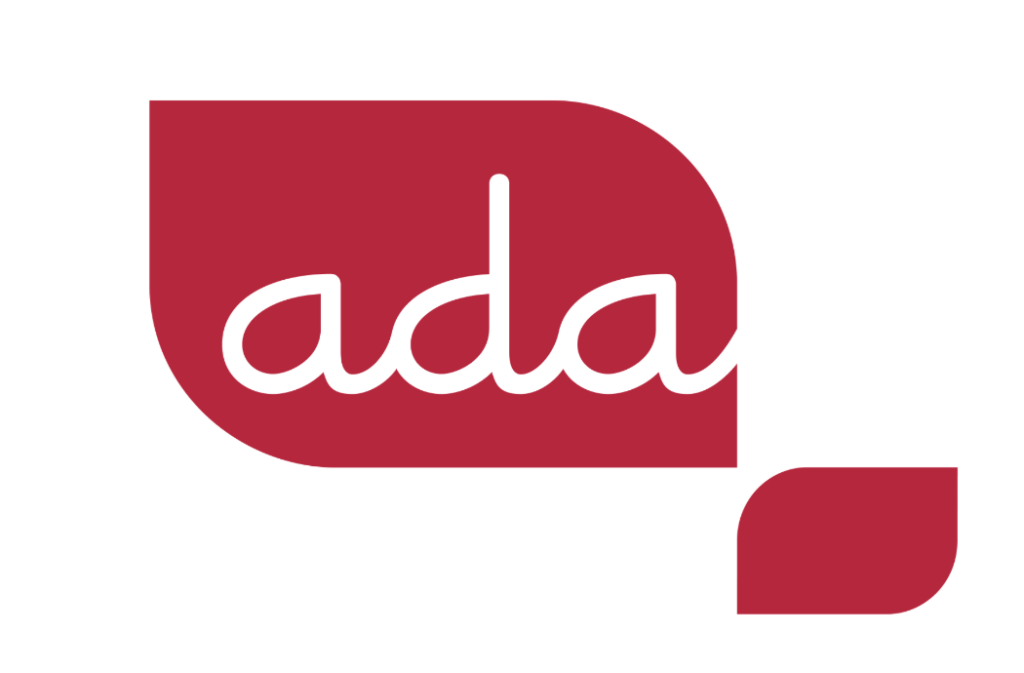
Context: PADFI, a project funded by the Luxembourg government and managed by ADA to support the development of MFIs in Cap Verde, includes a migrant component.
Objective: Design a solidarity savings product for Cap Verdean migrants in Luxembourg to finance MFIs in Cap Verde.
Deliverables: a Market study to identify the characteristics of the Cape Verdean diaspora in Luxembourg and their needs for financial services; Develop a solidarity savings product, including partners and structure, leverage mechanism, financial modelling, and reporting and monitoring mechanisms.
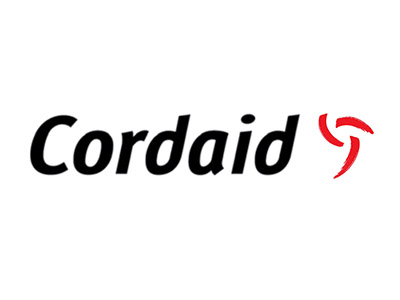
Mobile Money Transfer Market Study in Sierra Leone
In 2005, Cordaid began supporting the development of the microfinance sector in Sierra Leone (also via MITAF). There are now 13 MFIs in the country, who reach 95,000 loan clients. Mobile financial services have been offered since 2010 (Splash and Airtel Money.
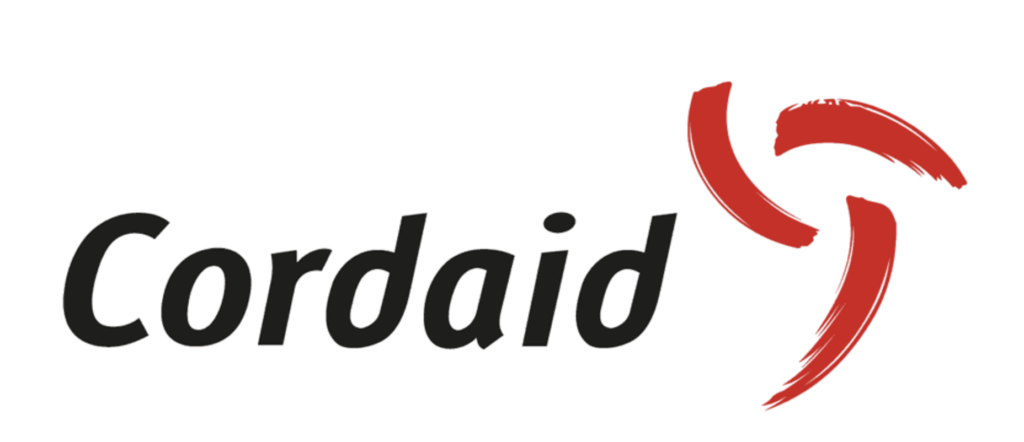
Context: In 2005, Cordaid began supporting the development of the microfinance sector in Sierra Leone (also via MITAF). There are now 13 MFIs in the country, who reach 95,000 loan clients. Mobile financial services have been offered since 2010 (Splash and Airtel Money.
Objective: assess the market demand for mobile money transfer (MMT) and provide advice on the role that MFIs can play in the mobile financial services’ ecosystem.
Deliverables: market research based on desk studies, interviews and focus groups. A value proposition for MMT in Sierra Leone was included and concrete scenarios for how MFIs can become players in the ecosystem. 10 MFI assessment reports on their readiness for MMT were produced and a workshop with the central bank, MFIs and mobile money providers.
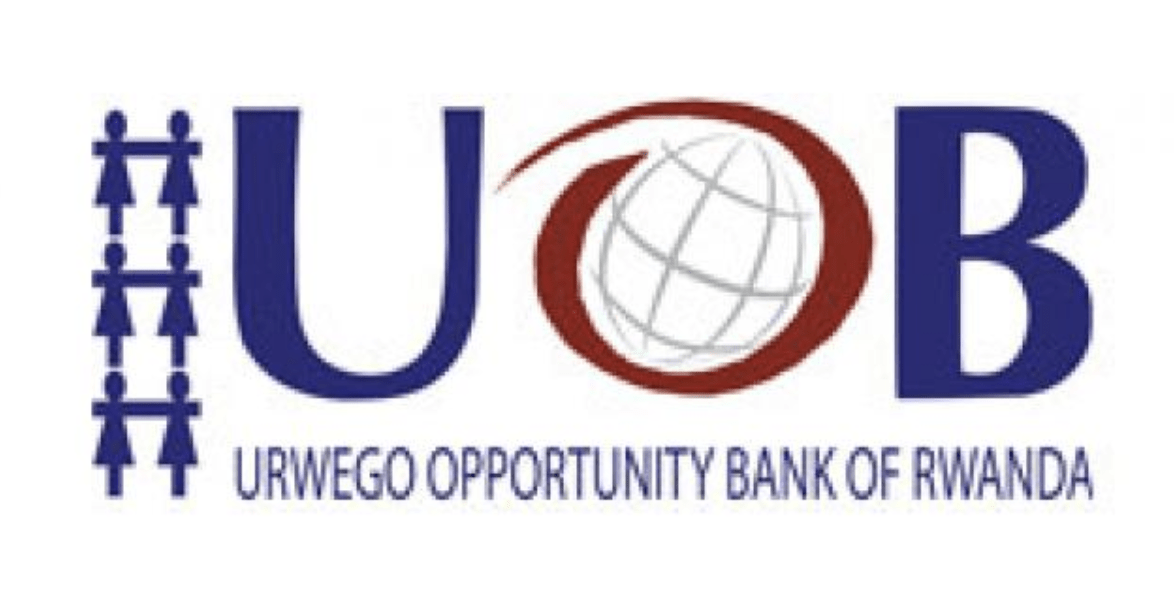
Strategy and Implementation for Mobile Financial Services Rwanda
Urwego Opportunity Bank wanted to provide its customers with access to savings accounts and allow repayments of loans via the mobile phone using the mVisa platform.
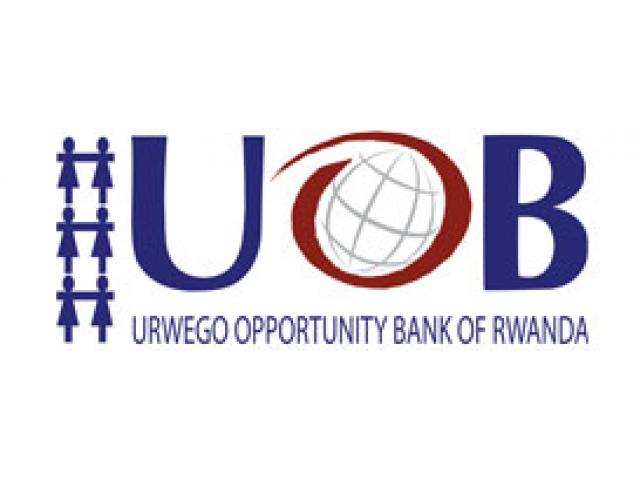
Context: Urwego Opportunity Bank wanted to provide its customers with access to savings accounts and allow repayments of loans via the mobile phone using the mVisa platform.
Objective: ensure the MFI was well prepared, organized and trained to successfully manage the service.
Deliverables: readiness diagnostic; regulatory analysis; market study; business model and implementation plan (cost model, agent network strategy, customer tariff, savings benefits for UOB and its customers); service provider partnering and negotiations; integrating m-banking service into UOB operations; marketing strategy; training support; friendly user testing, KPIs and launch result evaluation.
